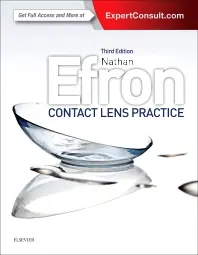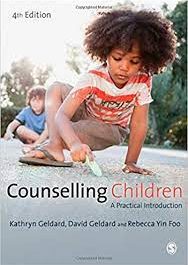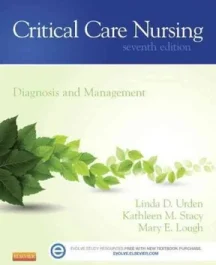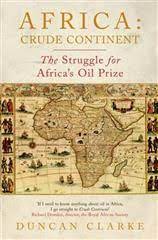Showing 37–45 of 172 results
Contact Lens Practice 3rd Edition
29,400.00$In this thoroughly revised and updated third edition of Contact Lens Practice, award-winning author, researcher and lecturer, Professor Nathan Efron, provides a comprehensive, evidence-based overview of the scientific foundation and clinical applications of contact lens fitting. The text has been refreshed by the inclusion of ten new authors – a mixture of scientists and clinicians, all of whom are at the cutting edge of their specialty. The chapters are highly illustrated in full colour and subject matter is presented in a clear and logical format to allow the reader to quickly hone in the desired information.
Controlling Urban Events
15,525.00$This book explores the relation between space, law and control in the contemporary city – and particularly in the context of urban ‘mega events’ – through a combined geographical and normative analysis. Informed by the recent spatial, affective and material ‘turns’ in the humanities and social sciences, Andrea Pavoni addresses this question by pursuing an innovative and trans-disciplinary approach, capable of accounting for the emergence of order in urban space both at the conceptual and empirical levels. Two overarching objectives are pursued. First, to account for the increasing convergence of logics, techniques and technologies of law, security and marketing into novel, potentially oppressive spatial configurations. Second, to envisage a consistent ethico-political strategy to counter this evolution, by rethinking originally and in radically spatial terms the notion of justice. Forging a sophisticated and original analysis, this book offers an analysis that will be of considerable interest to those working in critical urban geography, critical legal studies, critical event studies, surveillance and control studies.
Counselling Children: A Practical Introduction
3,100.00$This fully revised fourth edition includes a new chapter on Ethical Considerations; a new chapter covering Historical Background and Contemporary Ideas, helping you understand and demonstrate the evidence base for your practice; and lots more case studies to help you develop appropriate techniques across different settings and at different stages of your practice.
The book is invaluable in the practical skills training of counsellors, psychologists, social workers, occupational therapists, nurses, teachers, and other professionals who work with children.
Dr Kathryn Geldard is adjunct senior lecturer at the University of the Sunshine Coast, Australia.
David Geldard has an international reputation as a psychologist and trainer of counsellors. He is noted for his work in counselling children and their families.
Criminological skills and research for beginners
13,500.00$This book covers:
- an examination of the theoretical, political and ethical debates in criminological research;
- a complete guide to planning criminological research, assisting student researchers in identifying their research questions, choosing their research methods and critiquing the available literature;
- guidance on the practicalities and processes of collecting data;
- a discussion of the process of analysing data and writing up research.
New to the second edition is a brand new section on research skills in Criminology, including detailed coverage of writing skills, referencing, dissertations and research reports, presentation skills and revision. The book also offers additional coverage of the politics of criminological research and the presentation of official crime statistics.
Including an extensive glossary and an integrated companion website with extra examples, exercises and videos to further develop students’ understanding, this book is essential reading for any undergraduate on a Criminological Research Methods or Research Skills course, or for anyone in need of practical guidance on any or all of the various stages involved in conducting thorough and effective criminological research.
Critical Care Nursing: Diagnosis and Management
12,000.00$Praised for its comprehensive coverage and clear organization, Critical Care Nursing: Diagnosis and Management, 7th Edition is the go-to critical care nursing text for both practicing nurses and nursing students preparing for clinicals. Nine sections highlight the alterations seen in critical care and make it easy to understand the unique challenges of critical care nursing. An abundance of learning tools such as Patient Safety Alerts, Evidence-Based Practice boxes, NIC interventions, case studies, Pharmacologic Management boxes, and more give you a better understanding of clinical practice and help you reference vital information quickly and easily.
Crude Continent: The Struggle for Africa’s Oil Prize
1,992.00$Based on thirty years in the global oil game, intimate knowledge of African history and direct experience of over forty countries, this comprehensive book shows that Africa’s flaws are not the whole story, when it comes to the continent’s history. A definitive yet original account of the rush for Africa’s oil, this is also a guide to the hidden face of Africa. Duncan Clarke begins by placing African oil issues in their historical context before tackling the issues of power, nationalism and different parties’ strategies for control that have led to today’s oil scene. This book is the ultimate reference work on oil in Africa – which is vital to everyone’s future around the world.









